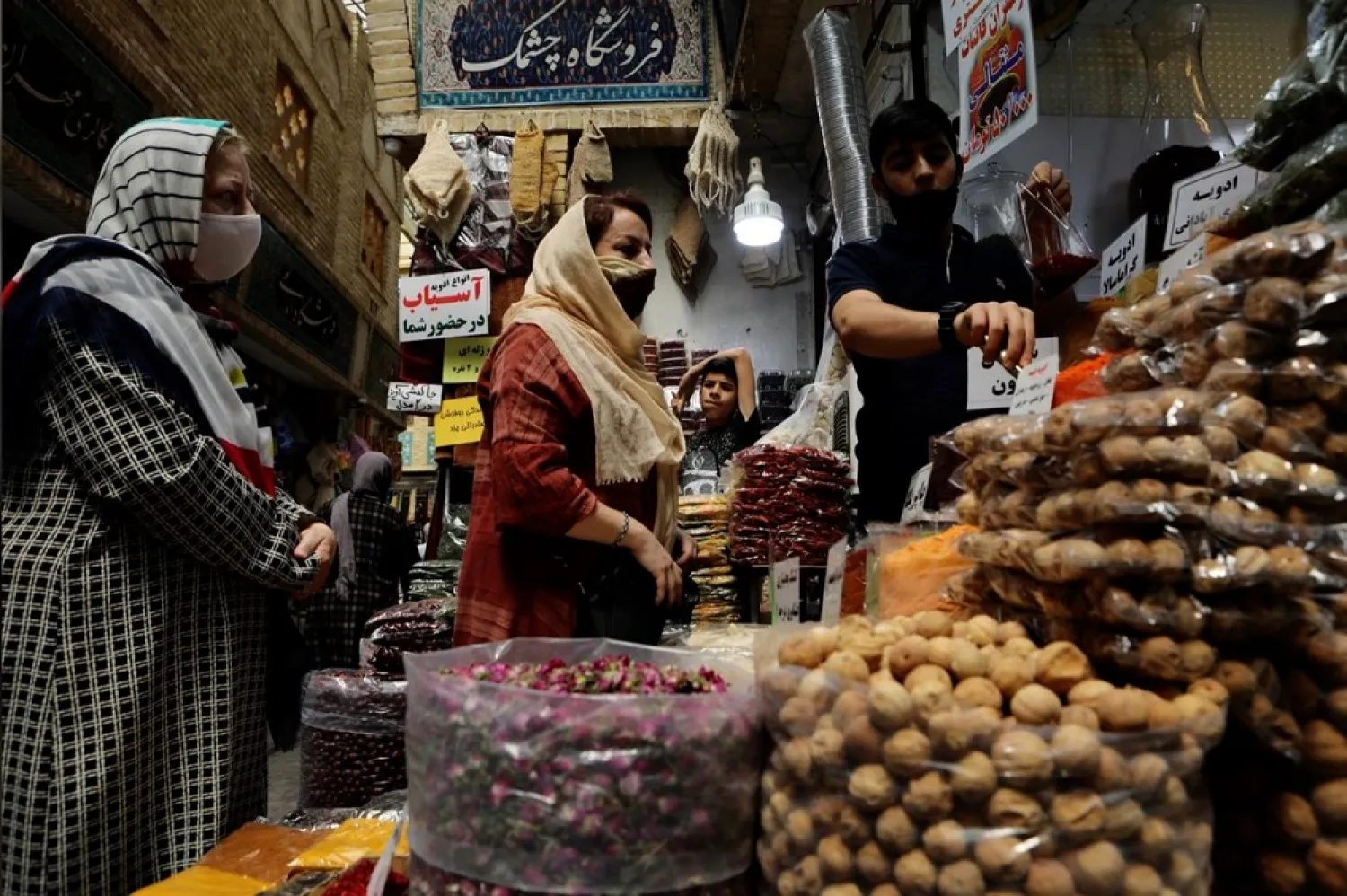A chest X-ray has confirmed a "slight improvement" in Pope Francis's lungs as he recovers from five weeks in hospital with life-threatening pneumonia, the Vatican said on Tuesday.
The 88-year-old Catholic leader left Rome's Gemelli hospital on March 23 after a stay in which doctors said he had almost died twice, returning to the Vatican for a convalescence of at least two months.
The Vatican press office said a chest X-ray carried out in recent days confirmed a "slight improvement" in his pulmonary infection.
Improvements were also reported in his motor skills, voice and breathing. Although he continues to use oxygen through a cannula, the Argentine pontiff can remove it for short periods.
His doctors previously said that with double pneumonia the lungs are damaged and the respiratory muscles are strained, so it can take time for the voice to return to normal.
Francis remains in the Santa Marta guesthouse, taking part in mass every morning in the chapel on the second floor where he has lived since becoming head of the world's 1.4 billion Catholics in March 2013.
He has had no visits beyond his doctors and closest associates, the Vatican said, adding that his morale remained "good".
The Argentine pope missed his seventh successive Angelus prayer on Sunday and there is no word on whether he will make an appearance this weekend, although another briefing is due on Friday.
The Vatican has also declined to say how the pope will participate in upcoming events for Easter, the holiest period in the Christian calendar, although it has included on its schedule the traditional "Urbi et Orbi" blessing on Easter Sunday -- which only a pope can deliver.
Francis has been largely out of the public eye since he was admitted to hospital on February 14.
On the day he left the Gemelli, he appeared in a wheelchair on a hospital balcony, waving his hands from his lap to the hundreds of pilgrims gathered below to greet him.
He spoke a few words in a weak voice, saying through a microphone: "Thank you, everyone."
He then noted a woman below with yellow flowers, and added: "Well done."
Francis then was spotted being driven away from the hospital, a cannula in his nose.







